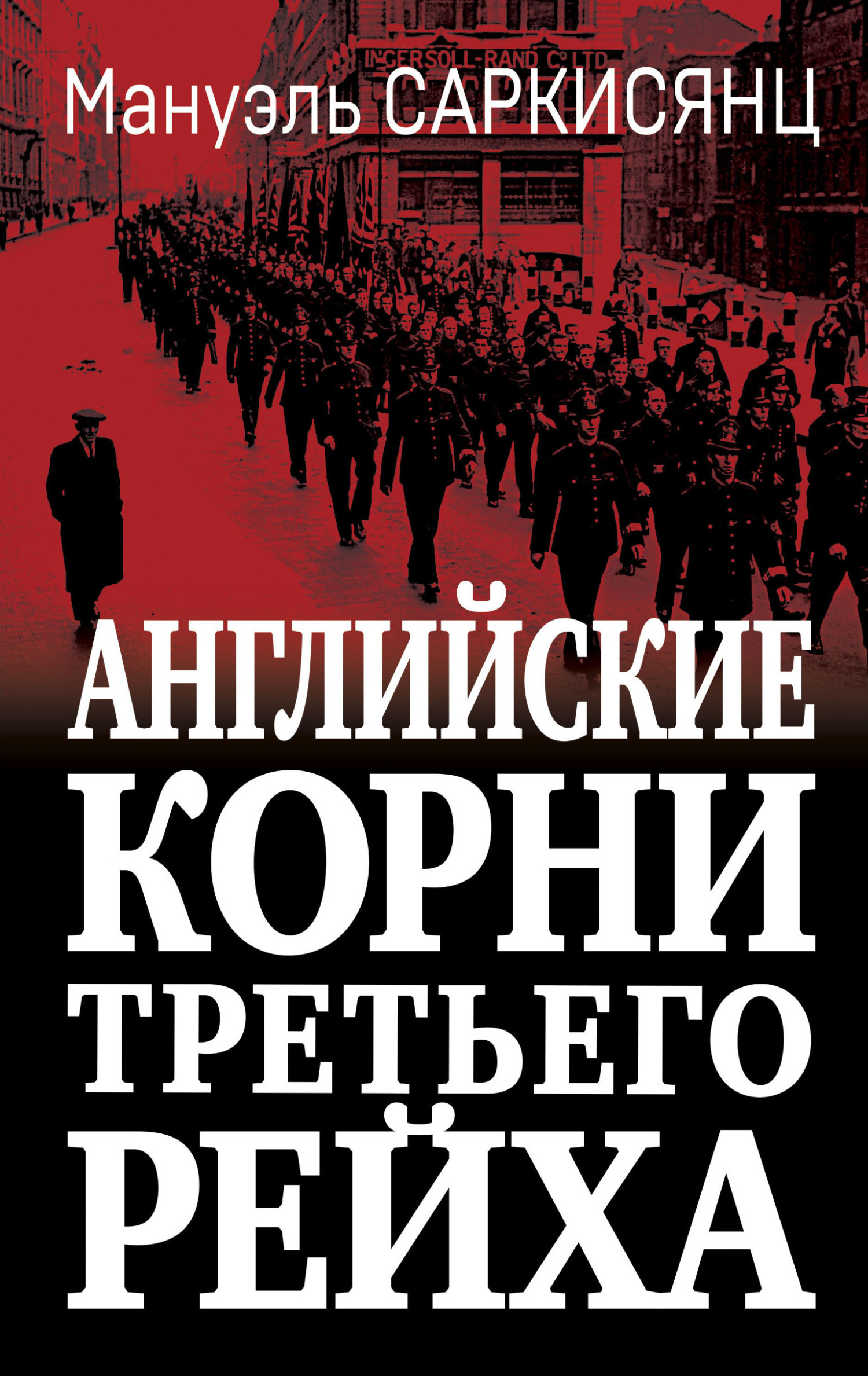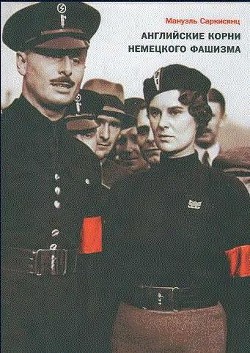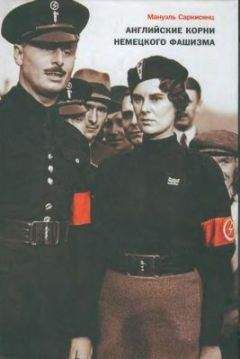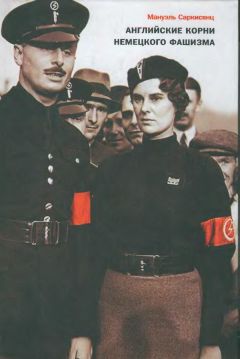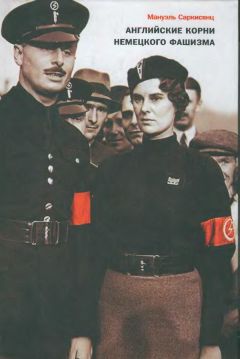Fraternity (London, 1874: reprint Cambridge, 1967), p. 102f.
Стефен Джеймс Фицджеймс (1829–1902), 1-й баронет – англ. судья и литератор.
Ibid., p. 103f.
A.J. Sherman, Island Refuge. Britain and the Refugees from the Third Reich (Berkeley, 1973), p. 219.
James Drennan, Der britische Faschismus und sein Fuhrer (Berlin, 1934), S. 219.
Benjamin Disraeli, Coningsby, Book IV, Chapter xv = Benjamin Disraeli, Earl of Beaconsfield, Novels and Tales, blume (London, 1927), S. 260.
Thomas Carlyle, Historical View of the French Revolution, I, Book vi, Chapter 2 = Carlyle, The French Revolution, Vol. I (New York, 1922), S. 177; Карлейль Т. История Французской революции / Пер. Ю. Дубровина и Е. Мельниковой. М.: Мысль. 1991. С. 142.
Dibelius, England, II, S. 203.
Wolfgang Fritz Houg, Faschisierung des burgerlichen Subjekts und die Ausrottungspraktiken im deutschen Faschismus (Berlin, 1986), S. 88.
John Stuart Mill, On Liberty (1859: reprint New York, 1974), p. 65.
Matthew Arnold, Culture and Anarchy (London, 1869: reprint New Haven, USA, 1994), p. 35f, 227.
John Stuart Mill, On Liberty (New York, 1974), p. 65; Милль. О свободе. С. 140.
Dibelius, II, S. 163, 200.
Ibid., S. 200; Carlyle, Later Day Pamphlets (London, 1911), p. 19, 21ff, 142f, 114, 193, 2l3ff, 27f, 232f, 246; James Anthony Froude, Thomas Carlyle, A history of the first forty years of his life (London 1882), p. 2,15f, 19. Карлейль Т. Памфлеты последнего дня / Пер. А. Белова. СПб.: изд. Ф. И. Булгакова. 1907. С. 19, 14, 80, 19, 93.
Ibid., р. 202, 204, 132, 30f, 14iff, 38f, 35ff, 211, 40, 155; Там же. С. 21, 92, 57.
W. С. Houghton (1970), S. 328; vgl. H. Rauschning, Gesprache mit Hitler (Zurich, 1940), S. 211.
A. W. Ward & A. R. Wallers (Hrsg.), Cambridge History of English Literature, Vol. XIII (Cambridge, 1916), p. 22.
Gerald Newman, The Rise of English Nationalism (London, 1997), p. 244.
Paul B. Rich, Race and Empire in British Politics (Cambridge, 1986), p. 13.
Simon Heffer, Moral desperado. A life of Thomas Carlyle (London, 1995), p. 177, 263, 292, 341, 379, 19.
G. C. Webber, Ideology of the British Right (London, 1986), p. 72; Selwyn, Hitler’s Englishman, p. 30.
Alfred Cole, Lord Haw-Haw – and William Joyce (London, 1964), p. 80, 87.
Ernst Wicklein, Vorwort zu: Thomas Carlyle (Eugen Diedrich Verlag, Jena, 1922), S. 5.
Simon Heffer, Moral desperado. A life of Thomas Carlyle (London, 1995), p. 23; Bertrand Russel, History of Western Philosophy (1946).
Об этом свидетельствуют его рассуждения в «Фридрихе Великом», а также письмо в «Times» по поводу Франко-прусской войны 1870–1871 гг., и особенно его труд о норвежских королях. – Прим. автора.
Anglo German Review, II, № 2 (January, 1938), p. 51.
H. F. Guessen, Lecture «Carlyle and Hitler»: Klaus Schreiner, «Wann kommt der Retter Deutschlands? Formen und Funktionen des politischen Messianismus in der Weimarer Republik», in Saeculum, XLIX (1998), S. 15.
Tennyson, quoted in: Matthew Arnold, Culture and Anarchy (1965), p. 150 f; Herbert Beer, Fuhrers und Folgen. Herrschen und Beherrscht werden im Sprachgut der Angelsachsen: Ein Beitrag zur Erforschung von Fuhrertum und Gefolgschaft (Breslau, 1939), cited in: G. StrobI, The Germanic Isle. Nazi perceptions of Britain (Cambridge, 2000), p. 83f, 243.
Thomis & Holt, Threats of Revolution in Britain, p. 128.
John Morley, The life of Richard Cobden (London, 1903), p. 130.
Thomis & Holt, Treats of Revolution in Britain, p. 23; G. M. Trevelyan, History of England, Vol. Ill (New York, 1952), p. 85, 87, 89–92.
Thomis & Holts, Treats of Revolution in Britain, p. 128; cf. E. S. Thompson, The Romantics. England in a revolutionary age (New York, 1997), p. 9, 43, 16, 2, 165; Wingfield-Stratford, The Squire and his Relations, p. 246; Don Herzog, Poisoning the mind of the Lower Orders, p. 124f.
Блейк писал:
Пусть раб восстанет.
Его цепи разбиты.
Его тюрьмы не стало…
Ангел Альбиона яростно сжигает.
И вот гляжу, в лучах зари,
Лицом совсем как Кэстльри (Каслри, министр короны),
Убийство, с ликом роковым,
И семь ищеек вслед за ним…
(Маскарад анархии / Пер. К. Бальмонта // Шелли П. Б. Избранное. М., 1997. С. 89.)
Missed footnotetext.
Kenneth Neill Cameron, The Young Shelley. Genesis of a Radical (New York, 1950), p. 160.
David Worrall, Radical Culture. Discourse, Resistance and Surveillance 1790–1820 (Detroit, 1992), p. 6–7, 60–61, 68; William Blake, Poems. Edited by W. H. Stevenson (London, 1971), p. 194; Geoffrey Pearson, Hooligan.
